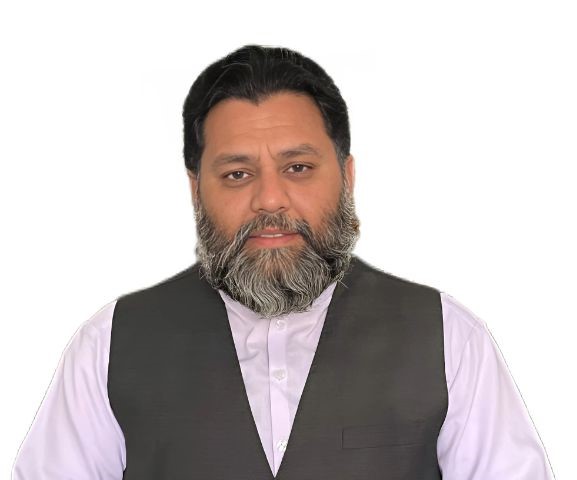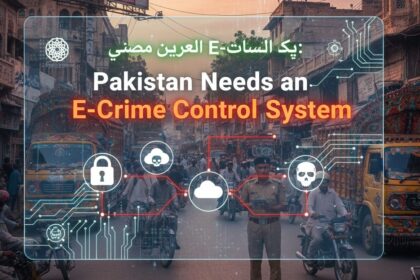
How Can Corruption Be Eliminated?
By: Zaheer Ahmad Awan
Societies where the system of reward and punishment becomes weak gradually turn into a jungle. In a jungle, only the law of the powerful prevails, and the weak have no voice. Human societies also collapse when justice disappears and the law is applied only to the poor while the powerful remain untouched. All developed nations in the world strengthened their justice systems, ensured equal application of the law, and established swift punishment for crimes before achieving progress and prosperity.Pakistan is now 78 years old, yet it is unfortunate that not a single institution can be declared completely free from corruption, nepotism, or favoritism. Every political party promises to eradicate corruption before elections, but once in power, they follow the same old practices. Everywhere in homes, offices, markets, gatherings, and discussions people talk about corruption, yet the problem continues to grow because it has become deeply rooted in our social behavior.
Nations that do not repent for their wrongdoings and injustices cannot survive for long. Hazrat Ali (R.A) said, “A society may survive with disbelief, but it cannot survive with injustice.” Corruption is one of the worst forms of injustice. Islam strictly condemns corruption, dishonesty, and bribery.The Holy Prophet (PBUH) said:“The one who gives bribe and the one who takes bribe are both in Hell.”This Hadith shows that corruption has absolutely no place in Islamic teachings.
During the era of the Rightly Guided Caliphs, government officials were strictly monitored. If anyone possessed wealth beyond his legitimate earnings, it was confiscated and returned to the public treasury. The entire foundation of an Islamic state rests on honesty, trust, and transparency.Modern developed countries also have zero tolerance for corruption. China imposes very strict punishments in major corruption cases, which is why government institutions there function efficiently. Singapore and many European countries have controlled corruption through a strong legal system, independent judiciary, and effective accountability. There, no matter how powerful a person is, the law applies equally.Our own Constitution also rejects corruption. According to Articles 62 and 63 of the Constitution of Pakistan, a dishonest or corrupt person cannot become a member of the National Assembly, Provincial Assembly, Senate, or hold any high office. Unfortunately, these constitutional requirements are not fully implemented.
Our great leaders, Quaid-e-Azam Muhammad Ali Jinnah and Allama Muhammad Iqbal, repeatedly emphasized honesty and warned that corruption destroys nations. Quaid-e-Azam never used public funds for personal needs and remained an example of integrity and fairness throughout his life.
To eliminate corruption in Pakistan, the law must be equal for everyone. The judicial system must be fast and effective, government institutions need transparency, and those involved in corruption must face strict punishment. At the same time, moral training and honesty must be promoted in society because corruption cannot end only through laws; it ends when people themselves consider it a sin and a national enemy.
We must decide what kind of country we want to hand over to our future generations. Corruption will not disappear until we collectively reject it and stand against it. Justice, strong laws, honesty, and equal accountability for all are the only ways to build a better, stronger, and more prosperous society.











